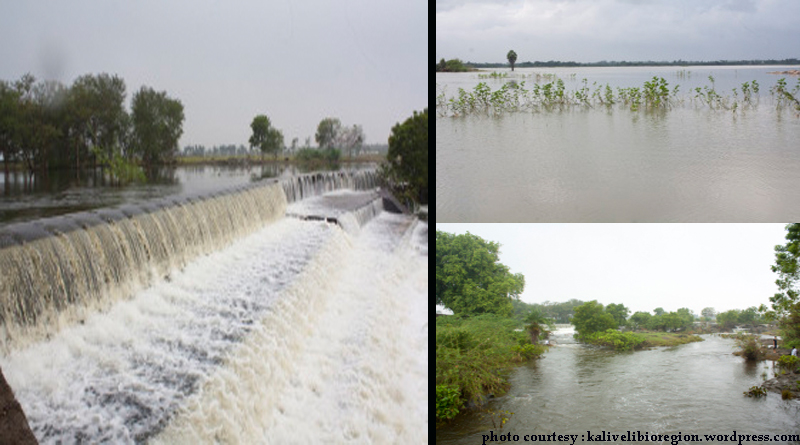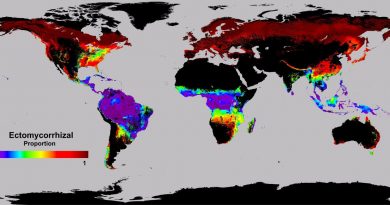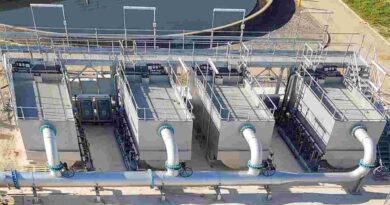A legendary lake and white gold. Kaliveli Lake losing out to Shrimp farming

Experts from Chennai based Central Institute of Brackish Water Aquaculture (CIBA) have recommended the scientific mapping of the Kaliveli Lake to address the mass frustration of the locals regarding pollution of the lake.
The lake, in the Villupuram district of Tamil Nadu, is the second largest brackish water lake in south India (after Pulikat lake in AP)and prime source of drinking water and water for cultivation in hundreds of surrounding villages in Puducherry and Tamil Nadu. Apart from being the prime source, the lake is home to a bustling shrimp market. Locally owned shrimp farms that dot the lake remain a major source of pollution.
According to a report in the Times of India, Villagers complained that these shrimp farms were affecting the fertility of their lands having usurped several thousand acres of agricultural land. Adding that the water discharged by the firms were laden with chemicals which made their prime drinking water source unusable.
R Thanigavel, a former licensed shrimp farm owner now involved in agriculture while talking to the Times of India said, “It is mandatory to register a shrimp farm with the coastal aquaculture authority (CAA) and ensure that the coastal regulation zone (CRZ) is not violated but many farmers do not abide by the regulations, creating a threat to biodiversity by using unrecommended chemical feeders and discharging untreated chemical effluents directly into the lake.”
The gradual decrease in the fertility of the soil and yield from using the contaminated water for irrigation is slowly affecting the entire population of the area with the primary occupation being agriculture. The discharge of untreated chemical effluents has had a negative effect on the taste, odour and colour of the drinking water being pumped out of the lake. With locals demanding the local authority to intervene and provide them with safe drinking water. This impact from shrimp farming is not a new phenomenon, and has been observed globally when farming has been done without following due process. IN fact, in places in Thailand, the impact was so severe on coastlines that farmers had to be convinced to move to other, more sustainable farming options or fisheries.
Environment expert and principal scientist at CIBA, M Muralidhar said, “Shrimp farms that do not follow scientific methods of cultivation and use not recommended feeders and antibiotics to protect shrimps from diseases would contaminate the groundwater table and recommend a detailed scientific study/mapping of the lake.”
Today, locals claim that in an area once known for fertile lands and abundant paddy production, people are struggling to find drinking water.
Those still drinking the contaminated water have been hit by multiple kidney ailments which have been tracked back to the contamination of the water by the shrimp farms. While the locals are battling the impacts the district collector told the news reporter that a special team will be set up to track and evict illegal shrimp farms. Adding that a proposal to build a check dam across the Kaliveli which would see the end of intrusion of saline water into the fresh water would be forwarded to the state government. If followed up, the check dam would prevent approximately 2,800 crore litres of fresh water from being wasted every year by mixing with the saline water, enough to fulfil the drinking water needs of Chennai.
![]()




